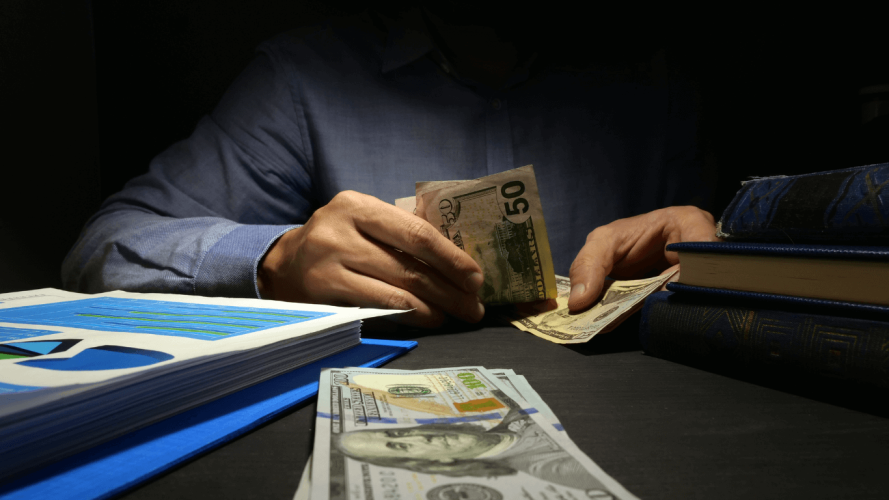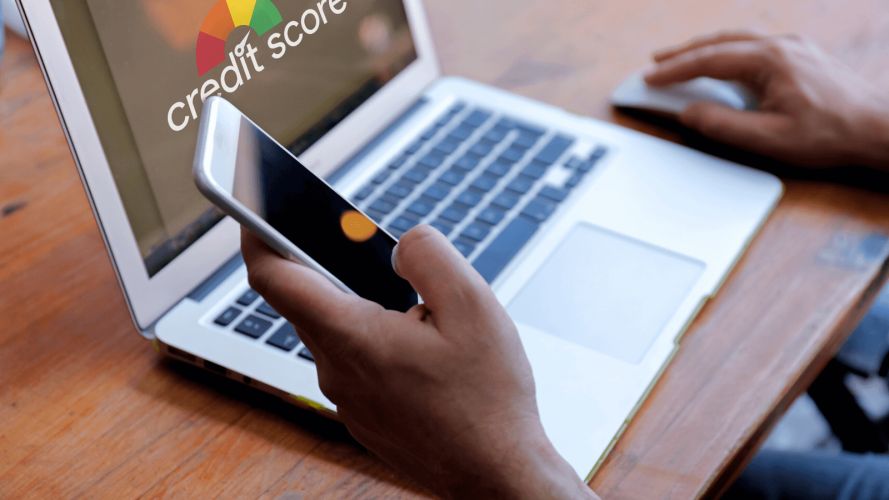A student loan is a common way to finance a college education. There are many different reasons that students may decide to stop going to school, including health problems, family-related problems or responsibilities, and financial challenges. If you’ve decided to drop out of school, but you have taken out student loans, you’re probably asking, “Do I still owe student loans if I dropped out of school?”
What Happens to Your Loans When You Leave School?
Your student loans don’t go away just because you didn’t end up getting a degree, and you still owe the money that you borrowed. When you borrow money for your education, repayment usually starts six months after you graduate. If you attend less than half-time or if you voluntarily drop out of school, federal student loans go into repayment six months later. Under standard repayment schedules, you pay a fixed payment amount for ten years.
If you have taken out any private student loans, the repayment terms are set by the lender and can vary from one lender to another. Not all lenders who offer private student loans defer payments for six months, so make sure you know when payments begin.
Repaying Your Student Loans
Most student loans accrue interest during the grace period, which is the six months between leaving school and starting repayment. If you don’t pay anything toward your loans during the grace period, the accrued interest is capitalized into the principal balance, which makes the total amount you owe higher. Try to make payments toward the accrued interest during this time.
There are several options of what to do if you have difficulty making student loan payments. An income-driven repayment plan can lower your payments and spread them out over a longer period of time. If you have multiple loans, you may want to consider refinancing, which could consolidate your payments into a single payment at a lower interest rate. Some private lenders require you to have earned a degree, but others will consider refinancing your student loans even if you didn’t graduate.
Before you do that, keep in mind that refinancing federal loans into a private loan takes away the option to explore forgiveness or income-driven repayment. If you have lost your job or have financial problems for any other reason, you may qualify for student loan deferment or forbearance. This feature lets you temporarily stop payments. Get in touch with your student loan servicer to understand your options.
Pay Student Loans to Protect Your Credit
While it might seem like you shouldn’t have to pay back student loans if you weren’t able to complete your degree, you do owe the money, and if you don’t pay on or before the due date, you can damage your credit for several years to come. Like other forms of credit, it’s important to pay student loans as agreed.
Review your credit reports periodically to make sure your student loans and other forms of credit are being reported correctly. If you need assistance disputing any errors you may find, Dovly can help. Dovly is an AI credit engine that can help you dispute any errors you find on your credit report. Try it risk-free with our free membership tier. Get in touch with Dovly today.



